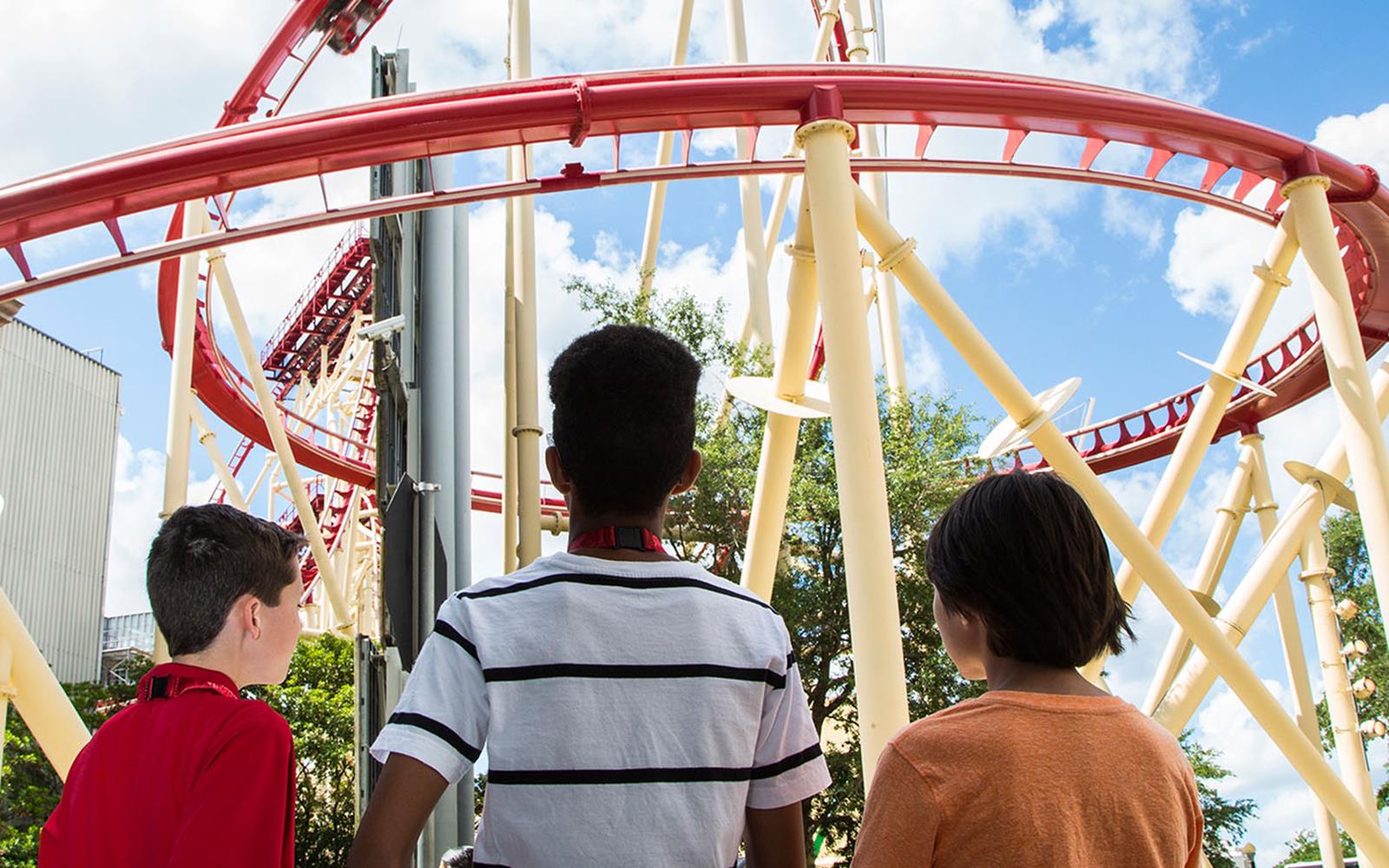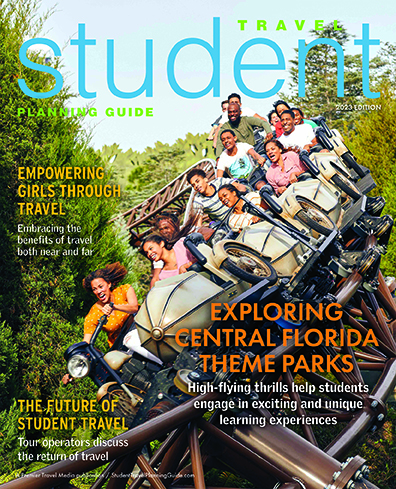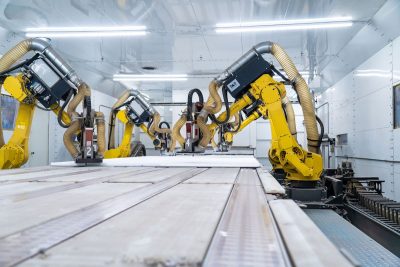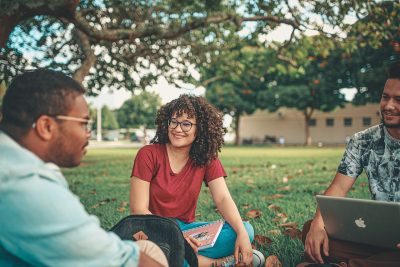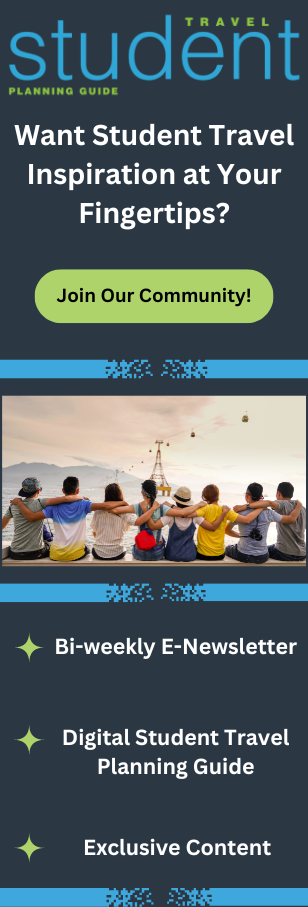While the Sunshine State may be known for its attractions like Walt Disney World and Universal Orlando Resort, the growth of the past few years has made Orlando a prime destination for STEM. Whether students are interested in marine life, space travel or wildlife Orlando offers a huge array of destinations for STEM students.
Museums and Zoos
With more than 153,000 students entering its doors annually, the Orlando Science Center offers a hands-on experience to science. From its interactive exhibit halls lab workshops and live shows, it brings science to a whole new level. The Science Center offers a wide array of visiting options like daytime field trips, overnight weekend trips and Celebrate Science Nights (which give students the full experience when schools rent out the Science Center for a night). There are even more individualized programs for students to embark upon like the Adventures in Engineering (which challenges students to various STEM challenges and even a head-to-head engineering design challenge), Flight Lab Experience (where students have the opportunity to go on a virtual reality mission) and Observatory Experience (which gives students a look at and into Florida’s largest publicly accessed refractory telescope).
As the primary art, science and history museum in central Florida, the Museum of Arts & Sciences sits on 90 acres and gives students a chance to explore its many galleries as well as the state-of-the-art planetarium and Tuscawilla Nature Preserve. It also offers a wide variety of subjects for students to encounter including the Cuban Foundation Museum (which showcases one of the most significant Cuban art collections in the United States), the Prehistory of Florida Gallery (which features Florida’s Giant Ground Sloth skeleton) and even the Root Family Museum (which displays one of the largest collections of Coca-Cola memorabilia in the world as well as Indy Series cars and an 800 teddy bear collection). Students are given the opportunity to experience activities such as various gallery tours, a planetarium show and educational programs focusing on fossils, energy, life in ancient Egypt and the World’s Oceans. For smaller groups, there are also hands-on experiences for students to encounter with subjects covering the Milky Way, oceans and more.
SEA LIFE Orlando Aquarium offers a face-to-face look at over 4,000 creatures in its 25,000-square-foot facility located just outside of downtown Orlando. SeaLife offers students the chance to learn about their “Breed, Rescue, Protect” conservation program as well as encounter the creatures who inhabit the aquarium. Through the aquarium’s discover programs, students can learn about the largest group of vertebrates on Earth or dive into an exclusive tour about animal health, nutrition and life support to discover how aquariums are connected to careers, education, and research in marine sciences. The aquarium focuses on conservation through their trust to help protect the world’s oceans, their “Tour de Turtle” program to tag and release sea turtles through the Sea Turtle Conservancy, as well as the “Breed, Rescue, Protect” program that creates a system of care and animal husbandry.
In its original location, this museum was considered the first of its kind. The Museum of Osteology gives students a first-hand look at over 500 animal skeletons. It seeks to create an adventure full of discovery and cultivate an appreciation of the natural world along with promoting and growing conservation within all individuals who visit. Students are given a hands-on learning approach as well as taught about natural and life science themes and concepts catered towards their grade level. Students are able to enjoy a variety of programs from Animal CSI (an introduction into bone pathology and forensic osteology in animals to discover the causes of the abnormalities in specimens) to Forensic Osteology (a look into crime lab-based forensic investigations on human skulls and basic skull osteology and lab procedures) to Animal Pathology (introducing students to forensic science and what caused the abnormalities in specimens) and more through STEM and science exploration programs.
After opening its doors to the public in 1994, the Brevard Zoo now welcomes more than 400,000 guests annually and has become one of the leading institutions on the top ten zoo list from the Association of Zoos and Aquariums. The zoo focuses on wildlife conservation through education and participation according to their mission statement and works to engage the community in conservation participation and educate diverse audiences about the zoo’s animals. Through their EdZOOcation programs, the Brevard Zoo creates unique, hands-on learning opportunities for students to discover. The individualized program topics include the history and adaptations of Floridian animals, how animals adapt within their environments, how to have a career working with animals and more.

Credit: Brevard Zoo
As a world-class zoological facility, SeaWorld provides personal experiences for individuals to learn about the planet’s largest marine animal rescue and rehabilitation program. SeaWorld provides educational daytime field trips (both guided and self-guided) or overnight sleepovers where students can gain an unforgettable, hands-on experience to learn about all of the animals, from the manatees to penguins to sea turtles and more, who inhabit it to what the organization does to help endangered species. Each program is individualized for the group to learn about conservation efforts, specific animal habitats, and the animals’ roles in the oceans.
As the world’s first oceanarium, Marineland Dolphin Adventure creates an unforgettable, one-of-a-kind encounter for guests. Marineland not only encourages visitors to come swim with the dolphins and see the sea turtles and sand tiger sharks, but to experience its history and get involved in their conservation efforts to preserve marine life. Students can experience Marineland Dolphin Adventure through field trips and programs. They offer a variety of programs like Dolphin Deep Dive, Saving Sharks, Coral Conservation and Turtle Talk, which immerse students into natural history, behavior, adaptations, conservation and research of the animals that inhabit Marineland. These programs cover a variety of topics ranging from cetacean biology to STEM concepts to conservation to even a behind-the-scenes tour of Marineland and the opportunity to play with dolphins.
As part of the National Museum of Natural History, the Smithsonian Marine Station serves as a research center that specializes in the marine biodiversity and ecosystems of Florida. The Station also works hand-in-hand with schools to educate students about the Indian River Lagoon through hands-on science programs, behind-the-scenes tours and self-guided visits.
Universities and Academia
Housed within Stetson University, the Gillespie Museum is a center for earth and environmental science education on campus and within the community for over six decades. The museum provides educational programs about rocks and minerals and Florida’s ecosystems for students to explore topics such as earthquakes and volcanoes, pollination, mineral identification, a native plant scavenger hunt and more. Taught by undergraduate student staff members, these field trips teach students about the earth and environmental responsibility. Schools can also opt for self-guided tours which let students explore the museum’s exhibits, displays and participate in hands-on activities.
The Robinson Observatory operates as a research and education facility through the University of Central Florida. The Observatory welcomes both visitors and researchers to experience the wonders of the night sky and learn about astronomy.
Industry & Technology
The Kennedy Space Center has long been a place where individuals who visit can get an up-close, hands-on experience to learn about the story of humans in space. With the various Mission Zones that visitors can embark upon, it allows them to get a better understanding of NASA, the history of space travel and the science behind it. The Astronaut Training Experience is a perfect way for students to get fully immersed in what it’s like to be an astronaut. Through this adventure, students will join the crew and experience what it is like to launch, land and walk on Mars.

Credit: Kennedy Space Center
Experience the magic of Walt Disney World parks through the learning experiences of the Disney Youth Education Series. These field trips provide guided tours that create a hands-on educational adventure to spark creativity and unlock potential for students of all ages.
The Set Your Classroom in Motion: STEAM App Series sets students up in a creative learning environment to explore science, math, technology, the arts and mathematics (STEAM) at Universal Orlando Resort. This program gives students next-level real-world critical thinking experience to learn about the top attractions in Universal and the know-how behind them. Students can experience Universal’s top attractions while also getting immersive learning experiences about engineering principles, conservation of energy, scientific observation and paleobotany.
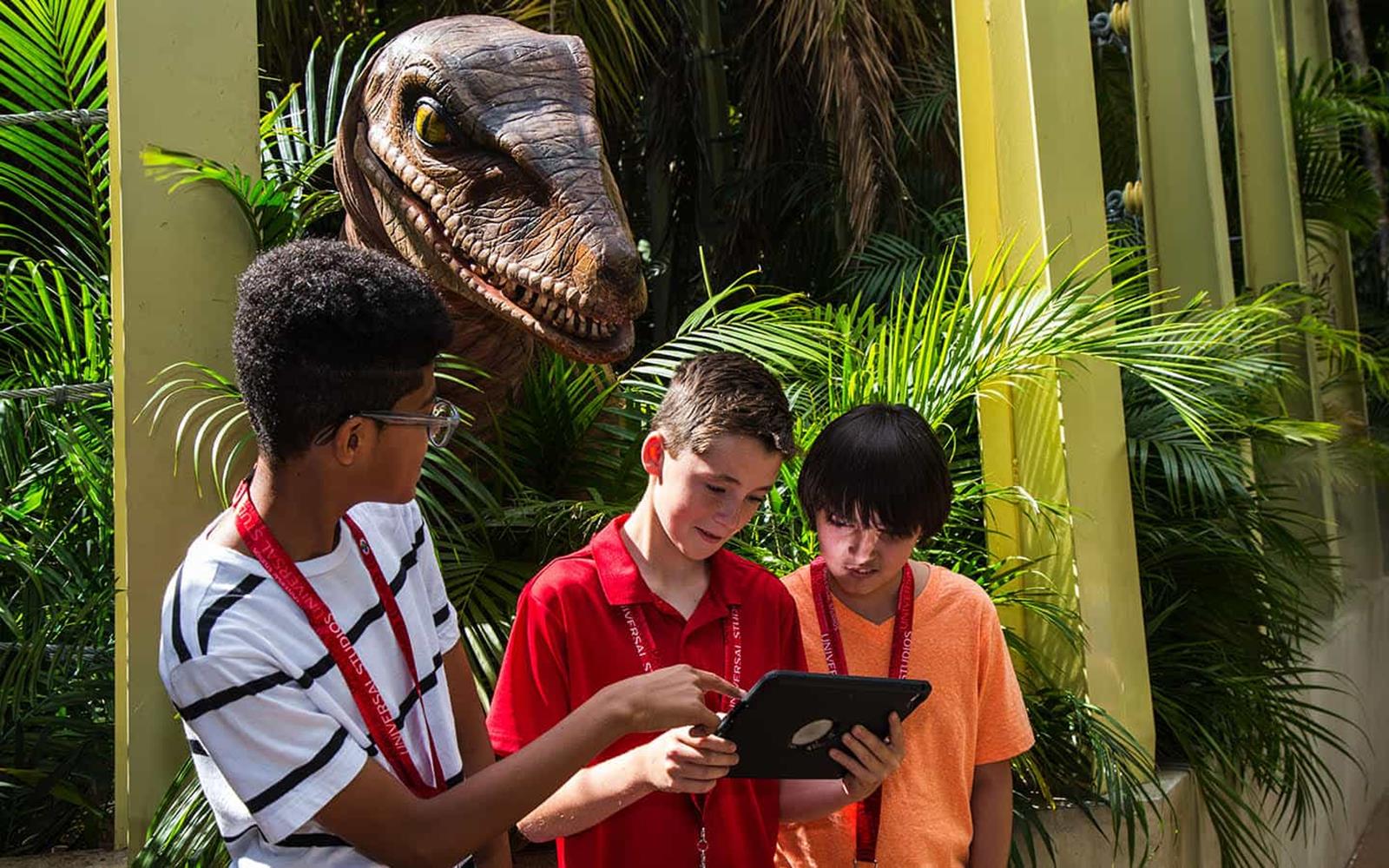
Universal Orlando STEAM Experience, Credit Universal Orlando Resort
As the “World Center of Racing”, the Daytona International Speedway has grown into a 500-acre multisports complex from Bill France Sr.’s desire to build a permanent speedway amongst a growing population and high-numbered crowds. Through Daytona’s all-access field trips, students have the ability to go behind-the-scenes and learn about what makes it so special. Students are given the opportunity, through these guided tours, to learn about how Daytona utilizes STEM principles as well as the history of racing, what it takes to be a NASCAR driver and how to conquer the Speedway.
From its original location in Orlando, Florida, iFLY has expanded to over 100 locations across the United States and worldwide creating a global community of passionate, flight-minded individuals through their world-class vertical wind tunnel technology. Interactive encounters lets students not only see STEM in action up-close and personal, but also learn about the power of wind, velocity and even make and test their own predictions. These field trips invite all students, regardless of ability, to a hands-on immersive experience while learning about math and physics in a new way.
**available in various cities
The RDV Ice Den hosts an NHL-size rink as well as an Olympic-sized ice rink with a variety of programs open to the public. Through RDV’s field trips, students experience how STEM is integrated into the world of ice skating. From learning about hockey and figure skating to how the ice resurfacing machines work, to freezing point/temperatures, RDV creates a cool experience for students to apply their classroom knowledge to the real world.
Nature/Outdoor Activities
Ecological Classroom Outdoors (ECO) was founded by a former high school biology teacher and seeks to engage students’ classroom learning to the real world. ECO seeks to engage students in classroom application to real-world learning, increase science literacy and improve the environmental stewardship of central Florida and its surrounding ecosystems. This experience takes students out of their traditional classroom setting to visit various parks to apply their classroom knowledge and educate them about environmental stewardship. ECO utilizes local and city parks as off-site locations for schools to visit and learn about central Florida’s ecosystem and encourages “on-site” field trips if possible for school projects like butterfly or vegetable gardens or if a nearby park has an interesting ecosystem.
As 24-miles of pristine, undeveloped shore along the Atlantic coast, the Cape Canaveral National Seashore is one of the most diverse and productive estuaries in North America. When students visit the seashore, they’ll be able to create an enjoyable, memorable park experience and learn about the park’s Environmental and Cultural Education Program. This program allows students to work with park rangers and have the ability to learn about sea turtle stranding, develop a service project, perform field experience, explore the watershed and more.
The Avian Reconditioning Center, or ARC, serves as a center for education and rehabilitation for raptors, or birds of prey. This Center is dedicated to the rehabilitation, education, research and falconry through which they hope to increase public awareness and appreciation of Florida’s raptors and their environment. The ARC educational program focuses on the natural history, the importance to humans and our environment, biology, conservation and photography of birds of prey. Offering both on- and off-site programs, the field trips offer an hour-long presentation and (weather permitting) flight demonstration with an additional option for relevant crafts.

